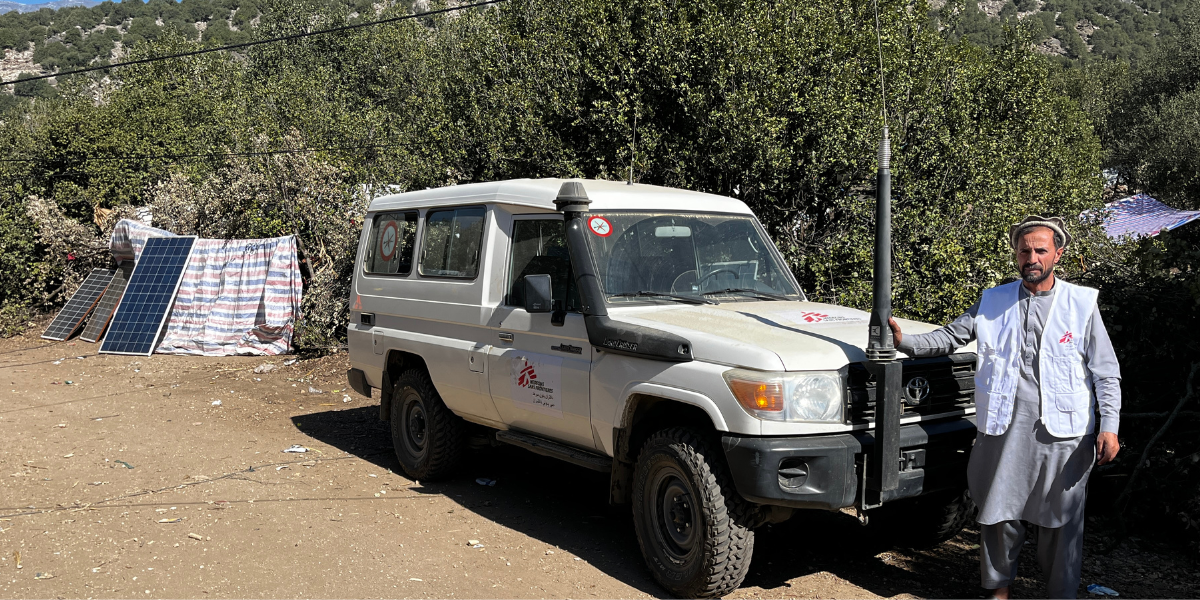
Afghanistan: MSF responds to the Kunar earthquake
November 13, 2025“It was between ten to 12 o'clock when my uncle’s wife went to bed. I told her not to lock the door of the house, my senses saying an earthquake might happen. I was sitting on my bed later when...
Read more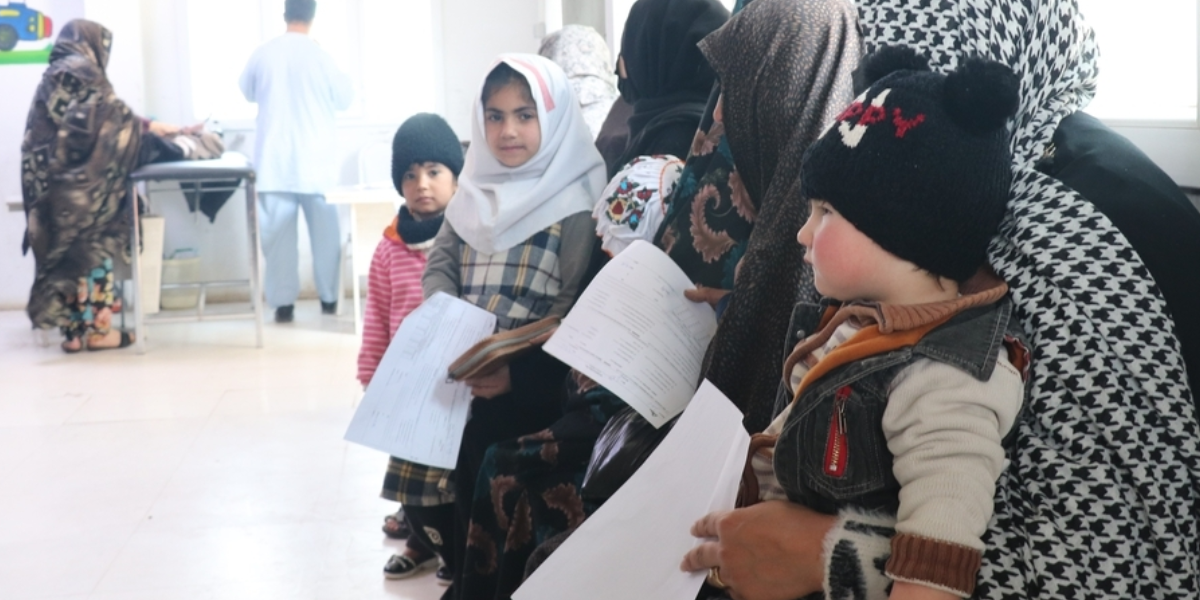
Afghanistan: MSF warns of local restrictions affecting women’s access to healthcare in Herat
November 7, 2025Herat, Afghanistan, 7 November 2025- Since 5 November, local restrictions have been implemented in Herat province requiring female patients, caretakers, and staff to wear a burqa to enter public health facilities, including at Herat hospital. This sudden enforcement adds limitations...
Read more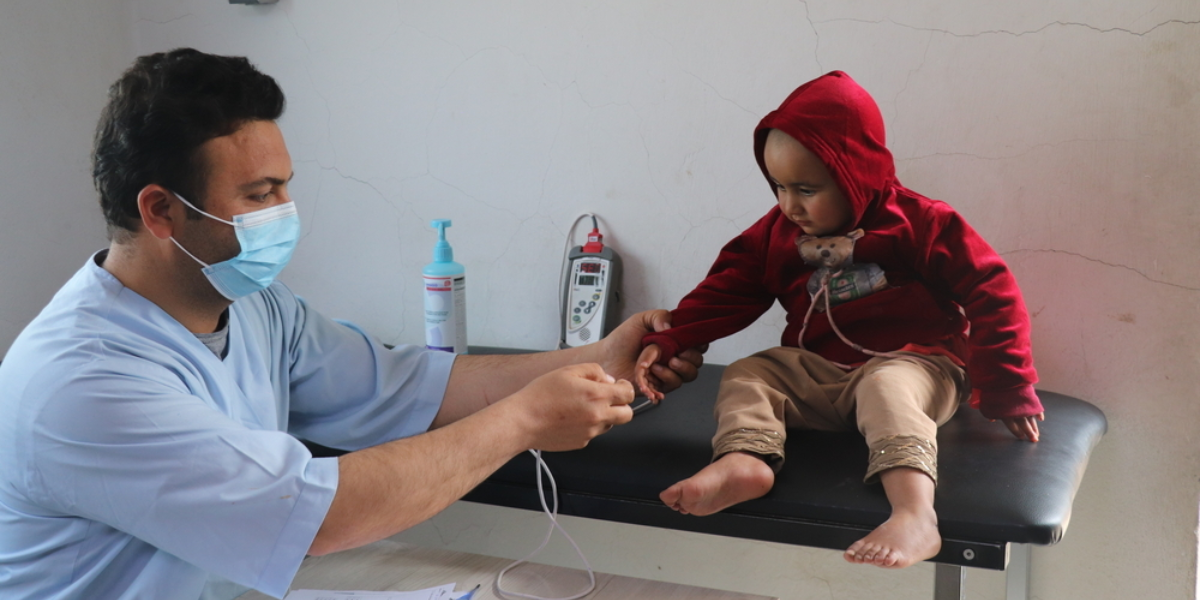
Afghanistan: Hospitals struggle with surging pediatric patient numbers
July 3, 2025The sound of crying and beeping medical devices fills the small room. Nurses rush from bed to bed, checking vital signs. Mothers push oxygen masks onto the faces of their children.The emergency room doctor bursts through the swinging doors of...
Read more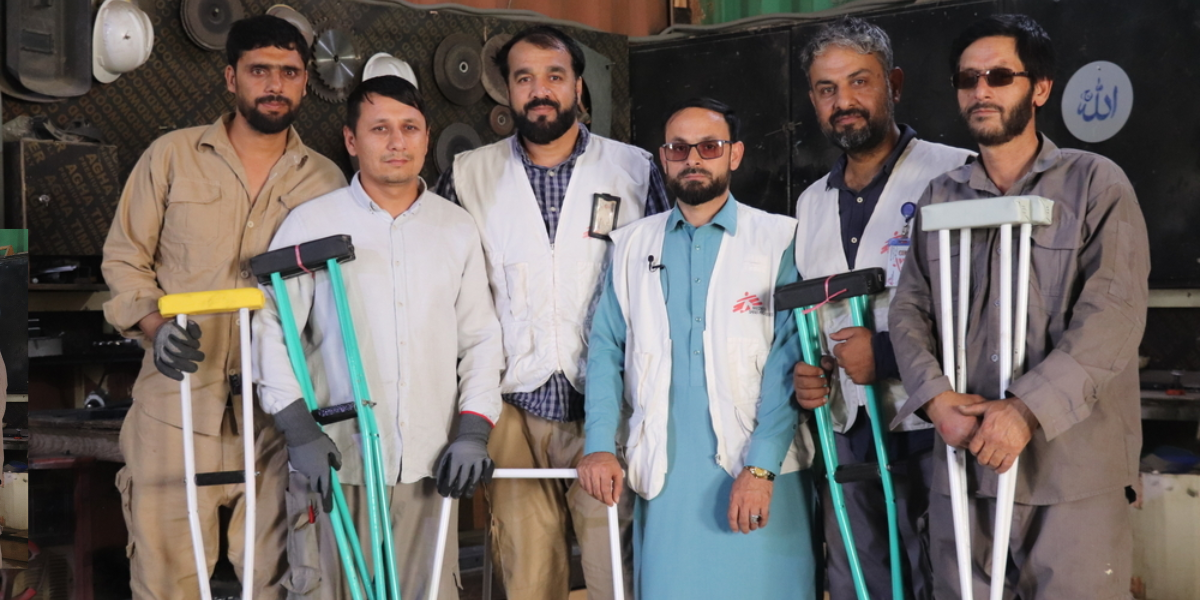
Afghanistan: Meet the technicians supporting patients at Kunduz Trauma Centre
July 1, 2025Kunduz Province, Afghanistan- Shir Mohammad starts listing all the medical and non-medical devices that he and his team of technicians have built from scratch for the Kunduz Trauma Centre in northern Afghanistan. These include crutches, walkers, and even a stretcher...
Read more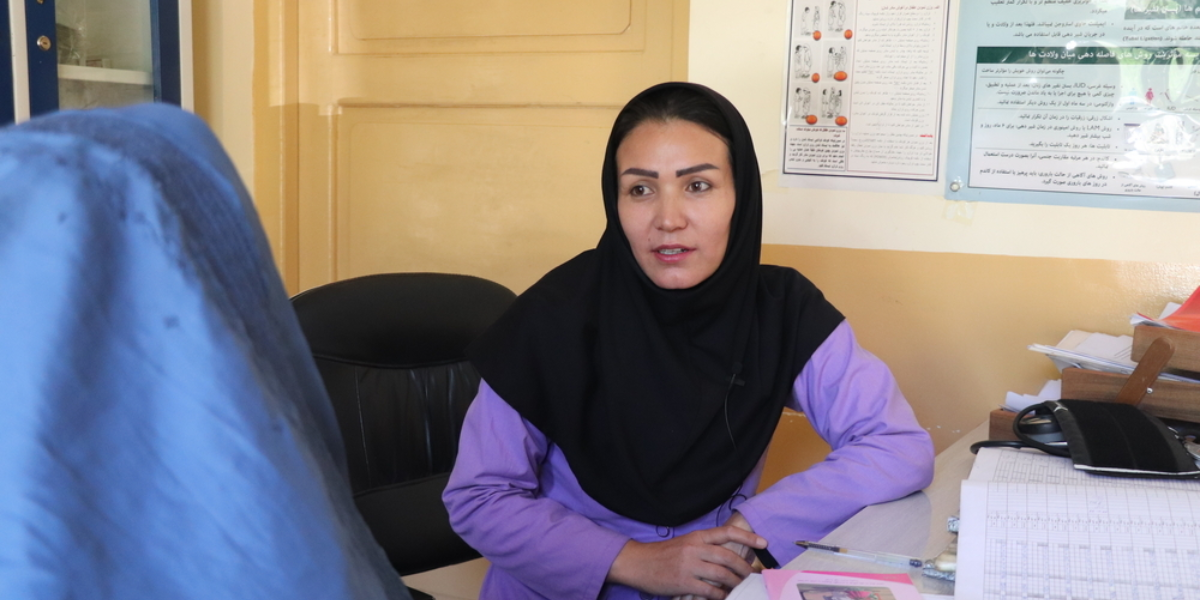
Afghanistan: Bringing healthcare to the remote districts of Bamyan province
June 6, 2025Bamyan Province, Afghanistan- Moslima sits cross-legged on the edge of the bed, cradling her newborn baby.It was a gruelling overnight journey to get here.Nine months pregnant and about to go into labour, Moslima rode the family donkey through valleys and...
Read more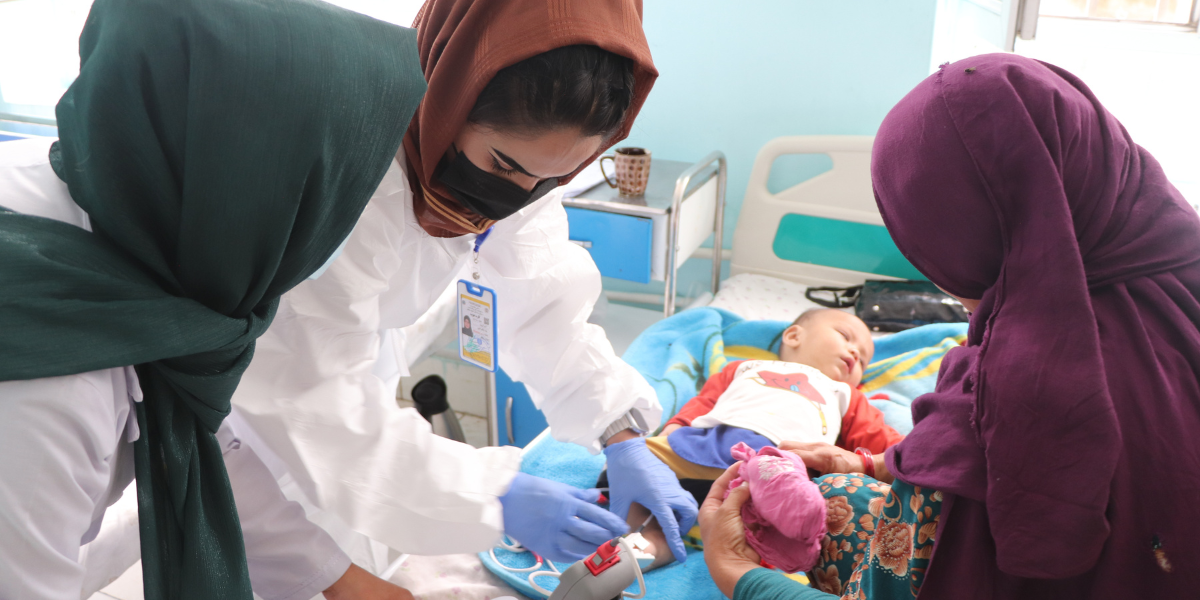
Afghanistan: Alarming surge in measles cases at MSF-supported facilities in Balkh, Herat and Helmand
March 14, 2025Kabul, 12 March 2025 – Médecins Sans Frontières (MSF) teams in Afghanistan have reported a surge in measles patients at three MSF-supported hospitals since January. While measles is endemic in Afghanistan, such a high number of cases so early in...
Read more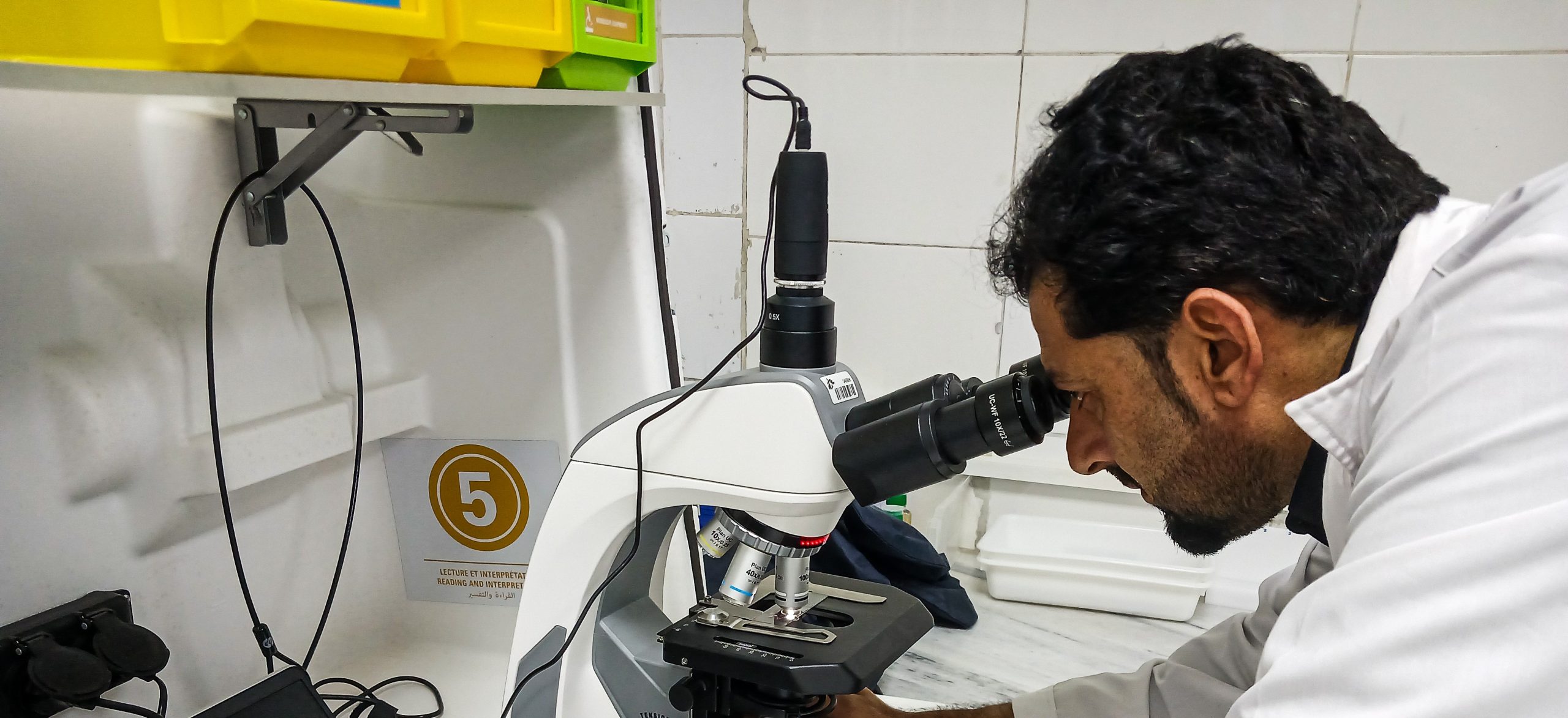
Afghanistan: MSF Raising Awareness About AMR – Tackling Antibiotic Resistance Every Day
November 26, 2024More public awareness, stronger infection prevention control, better control of antibiotic use, and access to microbiology are important measures to address AMR Said Dawood, 24, is a construction worker in the northern Afghan province of Kunduz. © Abdulamin Shinwari/MSF For...
Read more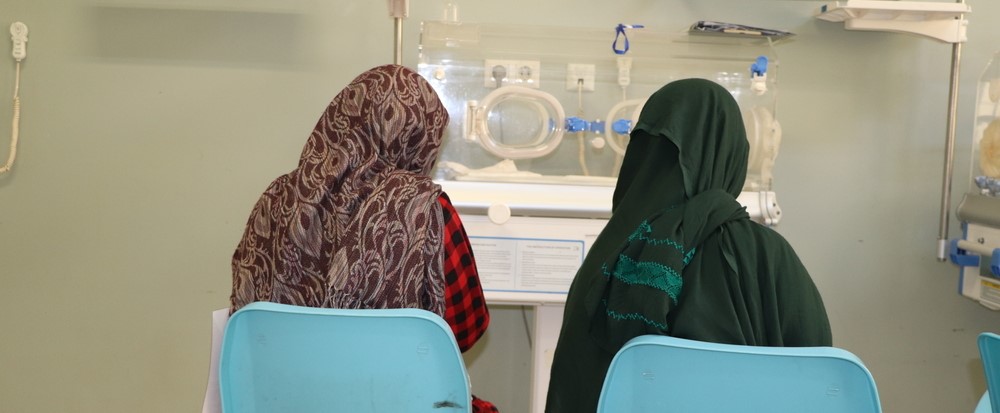
Afghanistan: Patients’ stories from MSF-supported Mazar-i-Sharif Regional Hospital in the Balkh Province
June 11, 2024Public healthcare facilities, especially tertiary hospitals, such as the MSF-supported Mazar-i-Sharif Regional Hospital in the Balkh province, are struggling to cover essential running costs like staff salaries, medicines and medical supplies, fuel, and oxygen supply, due to the lack of...
Read more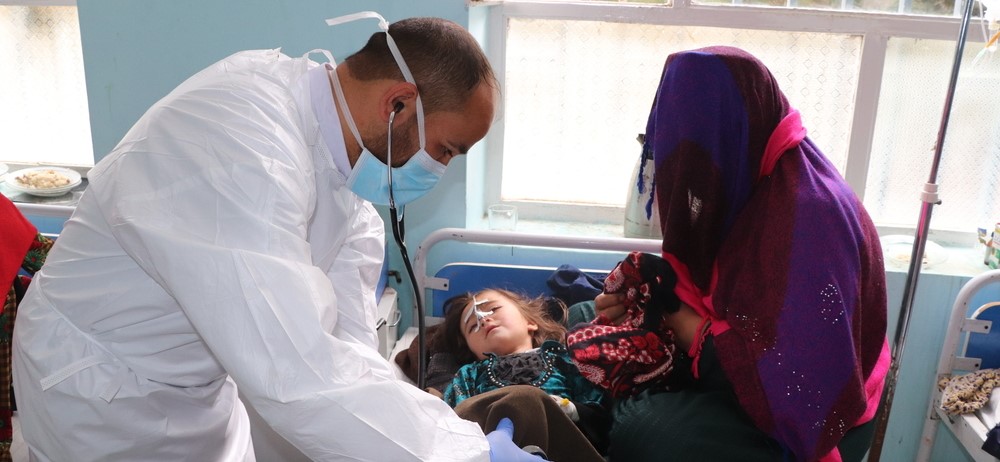
Afghanistan: Measles surge necessitates strengthening of prevention measures
May 20, 2024Ten-month-old Bilal lies in bed at Mazar-i-Sharif regional hospital, in Afghanistan’s Balkh province, where he is being treated for measles and pneumonia, watched over by his mother Zakia. When Bilal fell ill with a fever, Zakia took him to one privately-run...
Read more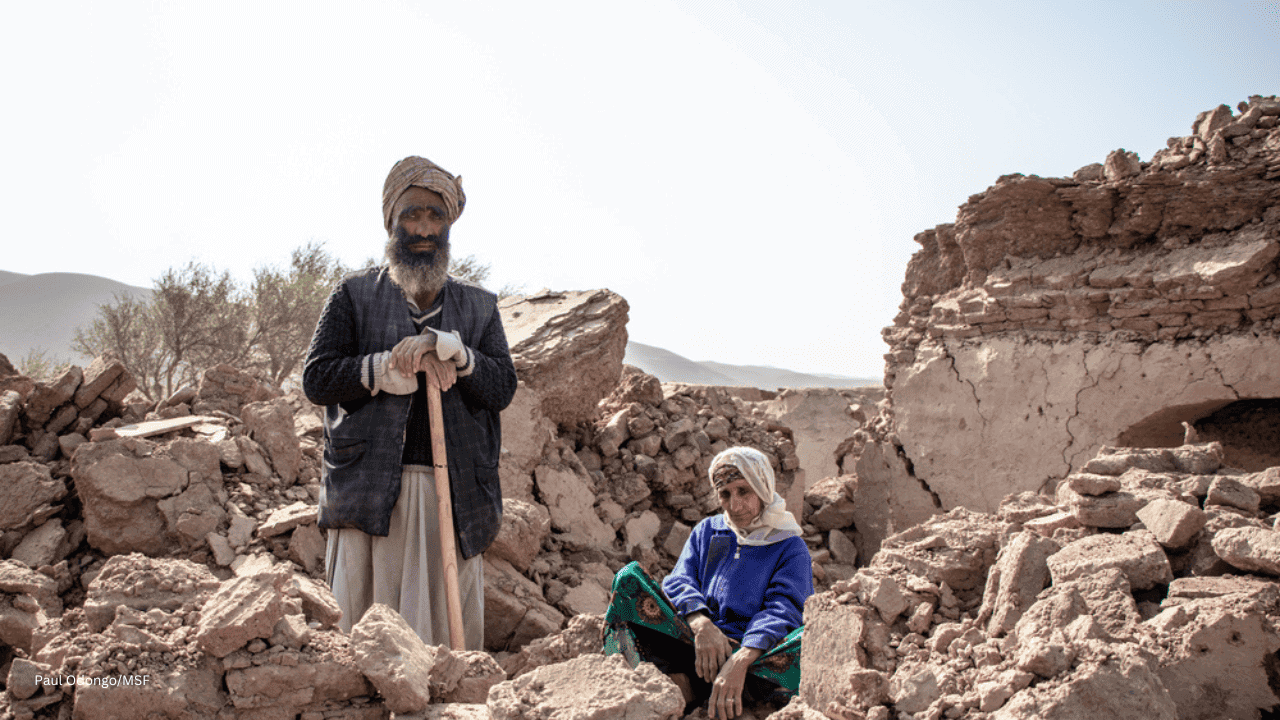
Afghanistan earthquakes: “What do we go back to?”
October 20, 2023Since Saturday 7 October, Herat Province in western Afghanistan has been hit by three powerful earthquakes as well as innumerable aftershocks of varying strengths. At the Herat Regional Hospital, where Médecins Sans Frontières (MSF) runs regular activities in the paediatric department, we donated...
Read more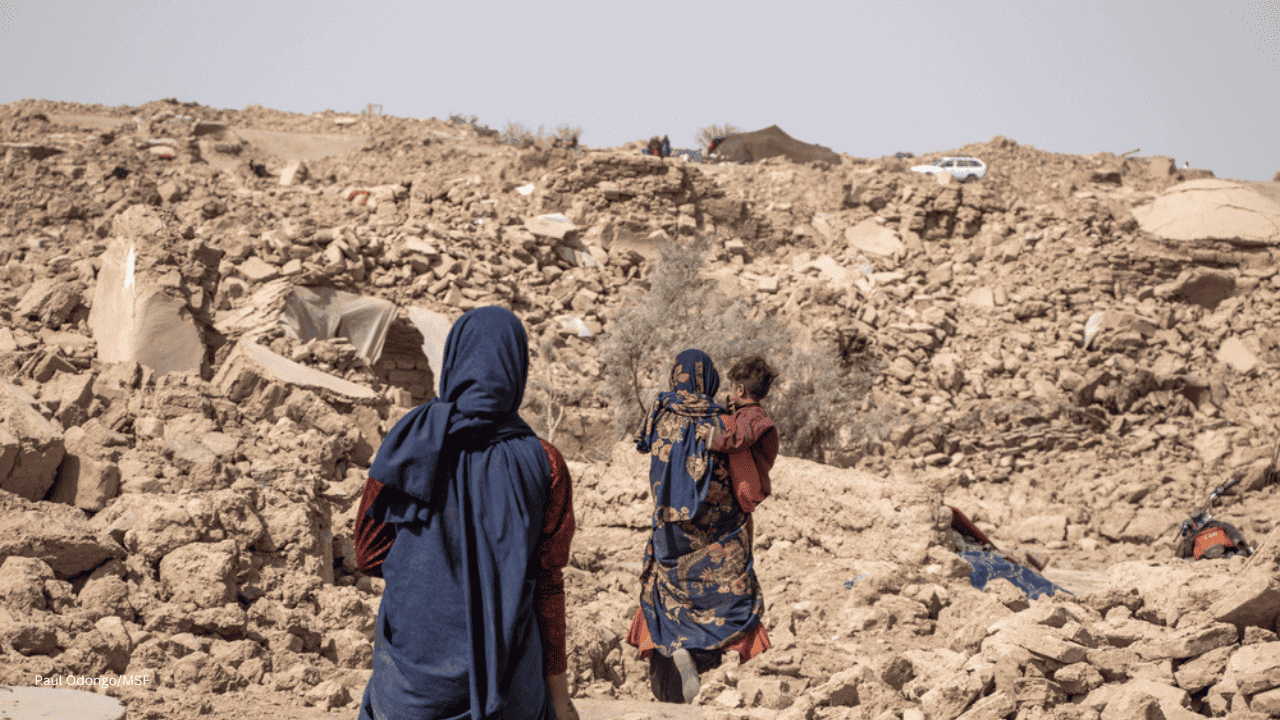
Afghanistan: MSF is responding to Herat earthquake
October 9, 2023Western Afghanistan has experienced three 6.3-magnitude earthquakes and many aftershocks in less than two weeks in October. Together, the quakes and aftershocks have killed more than 2,000 people. Doctors Without Borders/Médecins Sans Frontières (MSF) is supporting Herat Regional Hospital, which...
Read more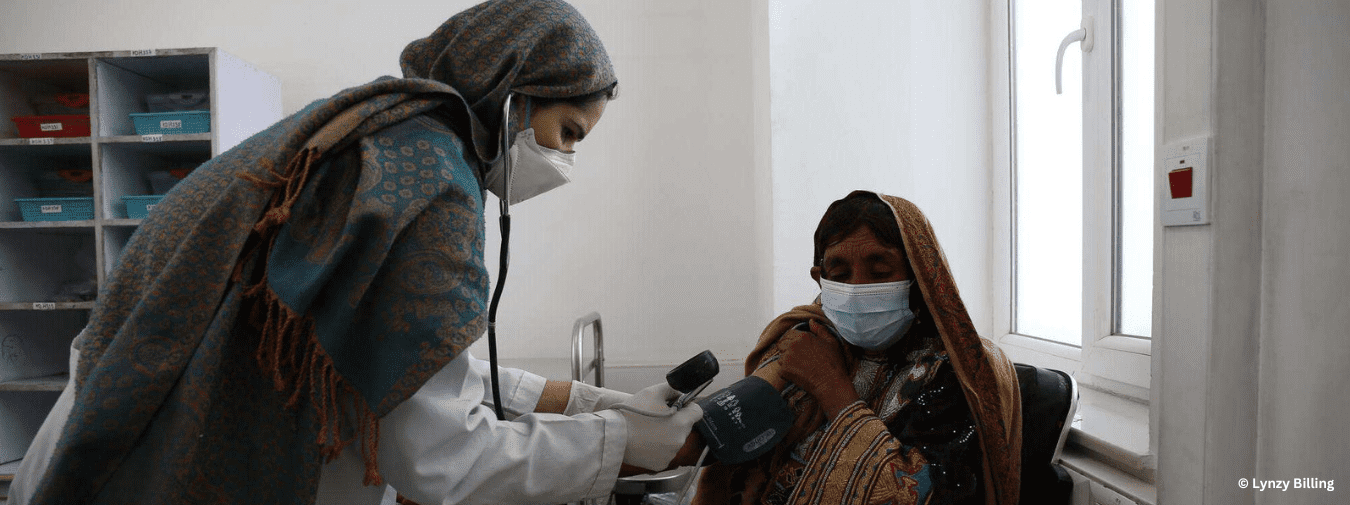
Afghanistan: MSF condemns ban on women working for the UN
April 5, 2023No humanitarian organization can deliver assistance at full capacity without female staff Yesterday the IEA notified the UN that no Afghan woman is permitted to work for the UN in Afghanistan, and that this measure will be actively enforced. This...
Read more











